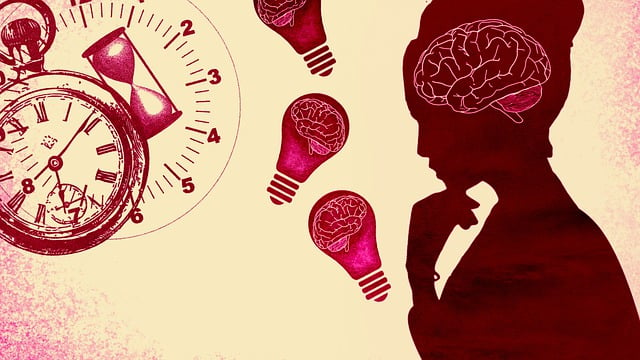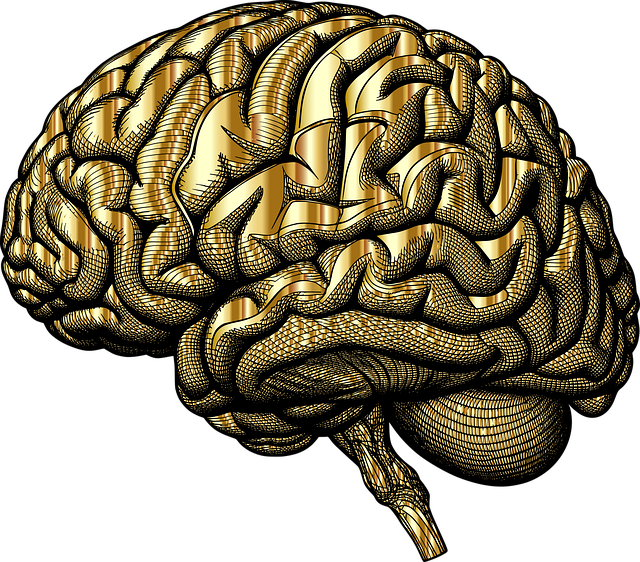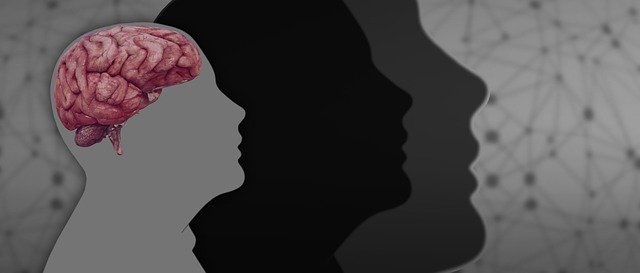Loss, grief, and bereavement are complex processes influenced by factors like death, separation, divorce, or trauma, such as child abuse in Longmont. Each event leads to unique emotional reactions, requiring personalized coping strategies. Organizations like Longmont Child Abuse Therapy provide essential support through community outreach programs, stress management workshops, and healthcare provider training. For children and families facing traumatic loss, specialized therapy, age-appropriate techniques, and emotional expression safe spaces are crucial for healing and preventing long-term issues. Mind Over Matter principles combined with therapeutic approaches empower individuals to transform grief into growth and resilience.
Loss, grief, and bereavement counseling are essential aspects of healing after a profound loss. This comprehensive guide explores these complex emotions, offering insights into their impact on individuals and families, especially in the context of traumatic loss. We delve into therapeutic approaches tailored for grieving people and communities, highlighting the critical role of specialized services like Longmont Child Abuse Therapy in addressing emotional challenges. By understanding these dynamics, we can provide effective support during the healing process.
- Understanding Loss, Grief, and Bereavement: A Comprehensive Overview
- The Impact of Traumatic Loss on Children and Families
- Longmont Child Abuse Therapy: Addressing Complex Emotional Issues
- Therapeutic Approaches for Grieving Individuals and Communities
- Supporting Children and Families Through the Healing Process
Understanding Loss, Grief, and Bereavement: A Comprehensive Overview

Understanding loss, grief, and bereavement is a complex process that involves recognizing and processing the emotional impact of significant life changes. Loss can stem from various sources, including the death of a loved one, separation due to relocation or military service, divorce, or even traumatic events like child abuse in Longmont. Each type of loss triggers unique grief reactions, which are natural and necessary responses to profound change.
Grief is not a linear process but rather a complex tapestry woven with threads of sadness, anger, guilt, and acceptance. It is an individual journey, and what helps one person heal may differ for another. Promoting emotional well-being during these challenging times involves offering guidance on effective coping mechanisms, such as mental wellness journaling exercises, which can help individuals process their emotions and find moments of peace. Additionally, community outreach programs that provide support networks and resources can play a vital role in helping those affected by loss navigate their grief and foster resilience.
The Impact of Traumatic Loss on Children and Families

Traumatic loss, such as the sudden death of a loved one, can have profound and lasting effects on children and families. Young minds are particularly vulnerable to the emotional impact, often struggling with feelings of confusion, fear, and grief that can outlast typical bereavement periods. In cases where a child has experienced previous trauma, like in situations relevant to Longmont Child Abuse Therapy, the aftermath of a loss can be especially complex. This heightened vulnerability may lead to long-term issues with emotional regulation, behavior, and even academic performance.
Families dealing with such traumatic losses also face unique challenges. The stress of grief combined with potential financial, social, and logistical burdens can quickly lead to burnout if not adequately addressed. Organizations offering healthcare provider cultural competency training and stress management workshops play a crucial role in supporting these families by equipping them with tools for effective coping and communication. This proactive approach to burnout prevention is essential in helping both children and parents navigate the complex emotional landscape following a traumatic loss.
Longmont Child Abuse Therapy: Addressing Complex Emotional Issues

In Longmont, Child Abuse Therapy plays a pivotal role in addressing complex emotional issues stemming from abuse or trauma. This specialized service is designed to help children and adolescents navigate their experiences, fostering a safe space for them to express their feelings and begin the process of healing. Through effective communication strategies, therapists work collaboratively with clients to develop coping skills that promote emotional regulation, enabling them to confront and overcome the challenges they face.
The therapy focuses on empowering young individuals to understand and manage their emotions, providing them with tools to cope with the aftermath of abuse. By integrating evidence-based practices, Longmont Child Abuse Therapy ensures a nurturing environment where clients can begin to rebuild trust, regain a sense of safety, and gradually move towards emotional recovery and personal growth.
Therapeutic Approaches for Grieving Individuals and Communities

In addressing loss, grief, and bereavement, various therapeutic approaches have proven effective in supporting individuals and communities through their healing process. One such approach tailored for sensitive cases like Longmont Child Abuse Therapy involves creating safe spaces where grievers can openly express their emotions and share their stories without judgment. This facilitates a gradual process of acknowledging and processing the loss, fostering coping skills development that empowers them to navigate life’s challenges with enhanced inner strength.
Community-oriented interventions also play a crucial role in collective healing. Support groups and community counseling sessions encourage peer connections, providing grievers with a network of understanding individuals who can offer empathy, practical advice, and a sense of belonging. By combining these therapeutic methods with the application of Mind Over Matter principles, individuals not only develop coping skills but also cultivate inner strength, enabling them to transform their grief into personal growth and resilience.
Supporting Children and Families Through the Healing Process

Supporting children and families through the healing process after a loss is a delicate yet crucial aspect of grief counseling. At Longmont Child Abuse Therapy, we understand that kids and parents alike need specialized care to navigate this challenging time. Our therapists employ age-appropriate techniques tailored to each individual’s needs, helping them express their emotions and begin the journey towards recovery.
Effective communication strategies and mental wellness journaling exercises are integral parts of our guidance, enabling clients to process their feelings, gain insights, and promote self-care. By fostering open dialogue within families, we enhance understanding and strengthen bonds, serving as a beacon of support during this transformative phase.
In navigating the complex landscape of loss, grief, and bereavement, especially in cases of traumatic impact on children and families, professional support is invaluable. Longmont Child Abuse Therapy offers a crucial service by addressing these emotional issues through therapeutic approaches tailored to individuals and communities. By understanding the profound effects of loss and providing comprehensive healing processes, they empower those affected to find solace and rebuild their lives, ensuring that every journey towards recovery is supported and empowered.














